Indian media – Can it rise?
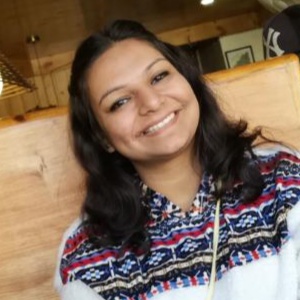
Manika studied Sociology. She is based out of Chandigarh.
Democracy stands upon four pillars, namely legislature, executive, judiciary, and media. But what will happen if one of them is demolished? Indeed, it will collapse. This is precisely what is happening to the world’s largest democracy. It is evident from the press freedom index report released by Reporters Without Borders that the condition of Indian media is worse than ever. According to the report, the rank of India has been slipped down to 140 in 2019.
While addressing the problem of freedom of speech in India, noted lawyer Fali Nariman told a gathering at The Press Club of India in New Delhi: “Freedom after the speech -that is what freedom of speech is all about.” He emphasized that “you are allowed to speak, speak as much as you like, but there is a fellow waiting there to a man you so you can never speak again!”
There are many reasons for the deteriorating condition of Indian media like fear of sedition law, violence against journalists, too much monitoring of Indian media by government, defamation cases, and many more.
Cases showing conditions of journalists and news channels who ask questions to our government
- Rana Ayyub, an author of the famous Gujarat files, has been subjected to many rape threats, murder threats, and online trolling.
- Another critically acclaimed journalist Ravish Kumar also has faced similar threats from online trolls.
- Journalists have been repeatedly attacked, threatened, and murdered for asking questions and supposedly defaming politicians.
- Ghastly murder of a senior journalist Gauri Lankesh at the doorstep of her house. Even this unfortunate act was made fun of by troll armies on the internet by using abusive language.
- A journalist in UP was booked for criminal conspiracy after exposing how, in the name of a mid-day meal, children are given salt and chapati.
There are hundreds of more such cases showing the pitiable condition of real journalism in India.
Indian media and fake news
With easy internet access spreading fake news is easier than ever. You are just one click away from starting a chain of news, and it just goes on and on, on different social media handles. Not only social media, but TV news channels are also giving their due contribution and doing a commendable job in spreading fake news like wildfires!
Regarding recent fee hikes in JNU, images of random women holding liquor bottles are being circulated on social media to disparage the protests. Similarly, one can find many examples of fake news being used to defame persons or to spread communal hatred. The extent of fake news in India is so alarming that 2019 elections have been mocked as ‘first WhatsApp election‘ of India.
Troll armies and IT cells are booming. Their most significant advantage is that they are anonymous. They could be anyone sitting anywhere doing their job from behind the screen. Research by BBC found that more than 31 people were killed in 2017 and 2018 in mob lynchings, which were fuelled by WhatsApp rumors. You can even hire your troll army if you have money. Still, it becomes very problematic when the government uses them to fulfill its objectives.
Rise of “Godi Media”
Journalists should be watchdogs, not lapdogs
Newton Lee
Godi Media refers to the media, which is the lapdog of the politicians who, in turn, are the lapdogs of prominent industrialists. It works only for PROFIT with no ethics. It refers to that channels for which little stories such as – why Yogi Adityanath is bald or in which bathtub Sridevi died or which is the most viral video on Facebook- is more important than unemployment or state of education and healthcare in the country.
Official Peeing Human has analyzed prime time debates of four mainstream channels namely, Zee News, India TV, Aaj Tak and News 18 and found that most of them are focused on PAKISTAN, RAM MANDIR, MUSLIMS, PRAISING MODI instead of BIHAR FLOODS, GLOBAL HUNGER INDEX, UNEMPLOYMENT IN HARYANA.
But do you really believe that only BJP is doing all this that if it is not for BJP or Modi, Indian media would have been unbiased?
Five filters of media

We live in a capitalist society- a society where everything is traded for-profit, and the news is no different. Any story that hinders the profit of corporations is manipulated. Noam Chomsky and Edward S. Herman in their book ‘Manufacturing Consent: The Political Economy Of The Mass Media’ talks about five filters of media- Ownership, Advertising, The Media Elite, Flak, and Fear of Common Enemy. They tell how these filters are used by industrialists and the government to manufacture our consent and make us believe what they want. Unfortunately, this theory is more relevant in India now than ever.
Ownership and profit motive
In India, many news networks are owned by big corporations or politicians. For example, the Network 18 group is owned by the Reliance group of industries, Republic TV- another news channel has an investor who is a BJP parliamentarian and The Print has drawn funding from the likes of Ratan Tata and Nandan Nilekani. However detached and neutral they want to be, these news channels can manipulate news according to the positions of owners. Such a possibility affects their credibility. What is left is, we are watching an advertisement for the government and these big corporations, not news. This ownership often leads to suppression and misinterpretation of news, which is detrimental to the interests of the corporation as the channels do not want to lose the investors.
Advertising
The dependency of media on advertisements for resources also leads to manipulation of news in favor of advertisers. Besides private investors, sometimes, the government can also be a funding source for news channels. News channels present story in a way that it pleases investors so that they don’t lose funds. Biased reporting on recent fee hikes in JNU is an example of the peddling of news by the media. In a sting operation done by Cobra post named Operation 136, it is exposed that how big media houses like India TV, Punjab Kesri, Scoopwhoop, and some Bollywood personalities agreed to campaign for ‘soft Hindutva’ and mock opposition parties for a significant amount of money.
Sourcing
Media largely depends on different sources for getting fresh news. Even large media houses like CNN and the BBC cannot place their journalists everywhere. In order not to offend these resources and block the path of fresh news, journalists merely accept the facts which were manageable by the funds.
The flak
Flak refers to suppressing of those organizations which do not conform to the rules of reporting set by corporations and government. This can be done by filing lawsuits, defamation cases, etc. Jay Shah, son of Amit Shah, the President of BJP and Minister of Home Affairs, filed a defamation case against The Wire for publishing the article ‘The Golden Touch Of Jay Amit Shah.’ The article highlighted how the turnover of the company of Jay Shah increased manifold following the election of PM Modi.
Fear of common enemy
Through the fear of the common enemy, media want to divert our attention from the real issues so that the government does not have to answer questions. Some common enemies presented by Indian media are Pakistan, so-called “Urban Naxals”, illegal immigrants from Bangladesh, and so on. While we are focusing on this, fake enemy media is successfully trivializing essential issues.
Independent journalism
To counter the Godi media and fake news, we need to promote independent journalism– journalism that genuinely serves people, not parties or corporations. History is a witness that the media has played a fundamental role in organizing people against the atrocities of the government. Even during the struggle for independence, newspapers like ‘Kesri,’ ‘Yugantar’ were used to make people aware, and today with the internet, we have to do only half the hard work our ancestors did.
Today also there are some examples like Cobra post, Tehelka, which are doing a marvelous job in presenting unbiased news without sensationalism. They not only criticize the government (which by the way, is the job of mainstream media) but also explore the truth.
All these websites or organizations are founded by professional journalists. However, it is not necessary to have formal training in mass communication to talk about real issues. I urge people to establish centers of independent news in every street, to flood the internet with real problems like they have flooded it with fake news, and to use the internet as a way out from the web of propaganda.
Views expressed are author’s personal
Featured Image Credits: Herald


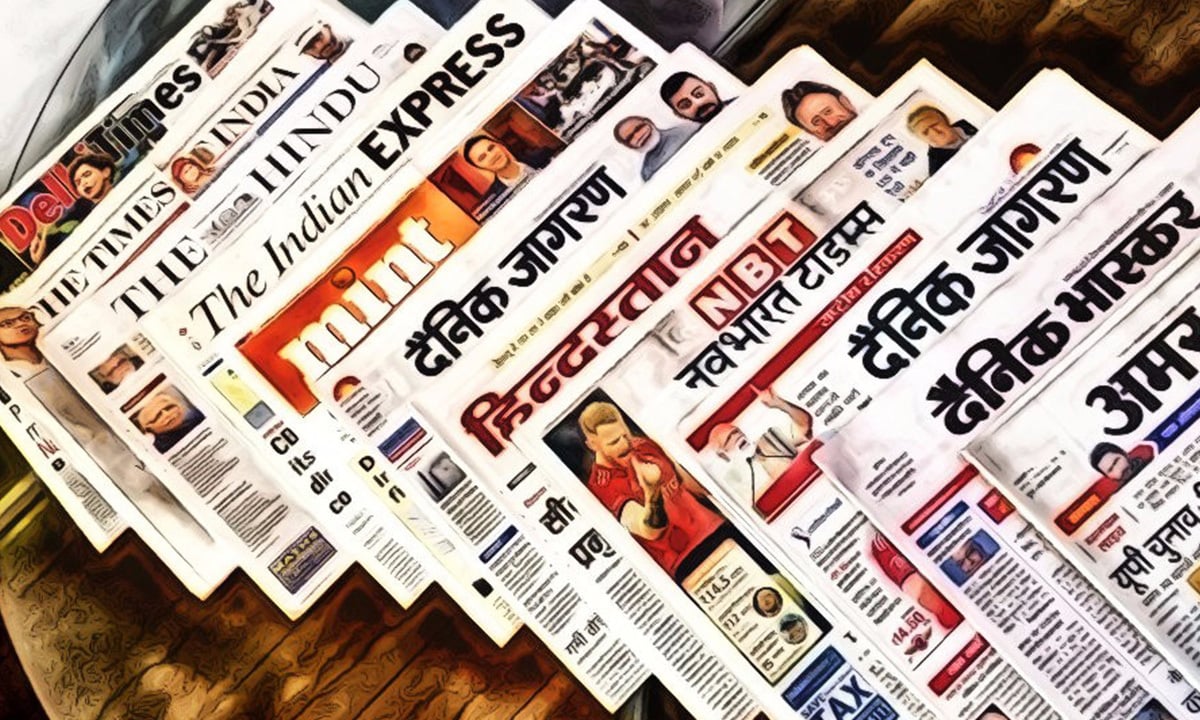
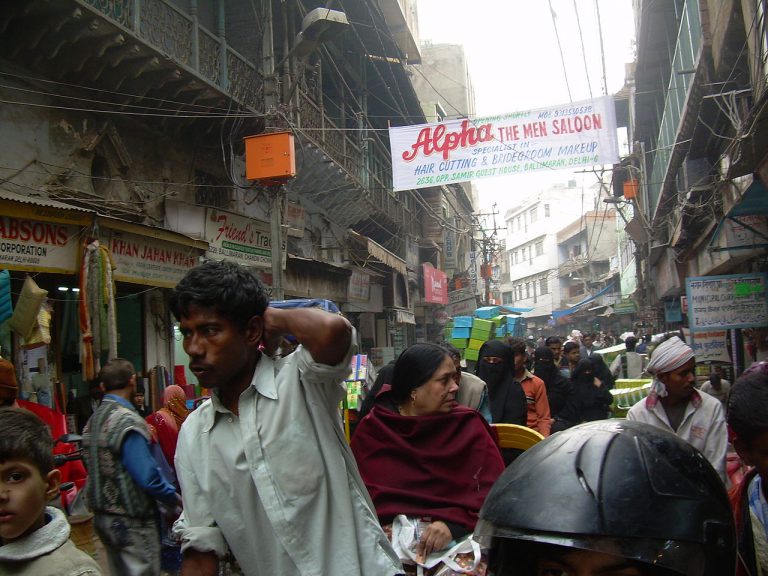
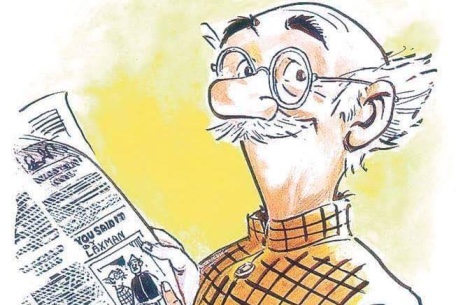
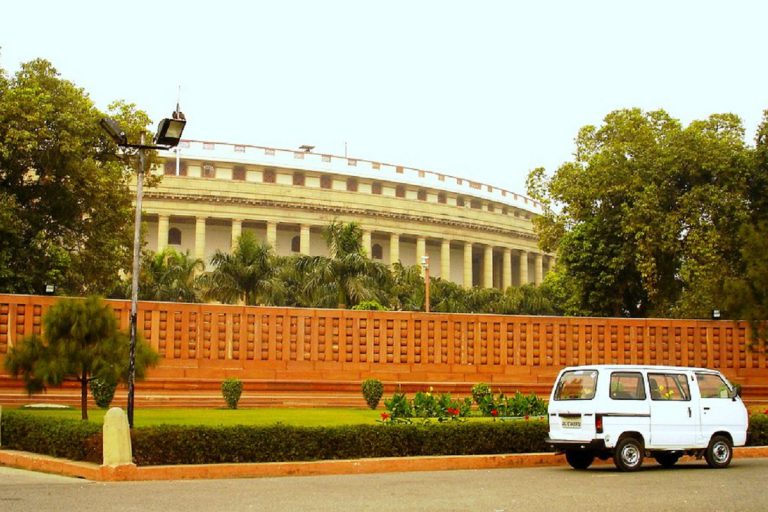
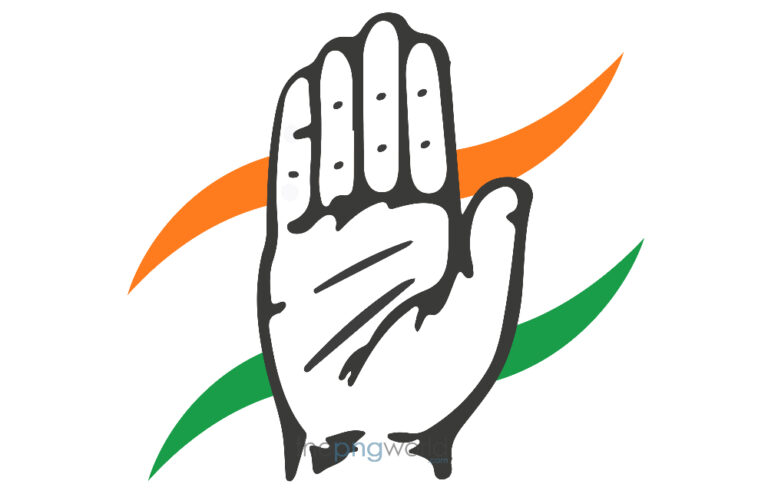
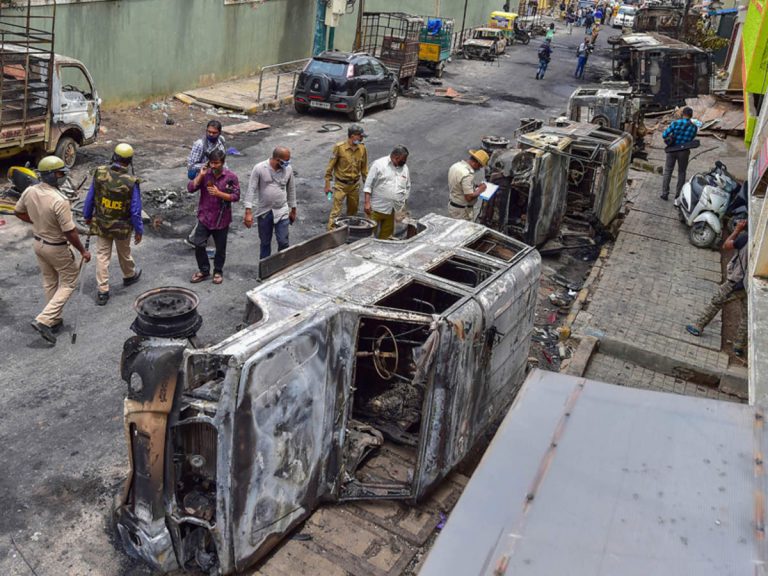
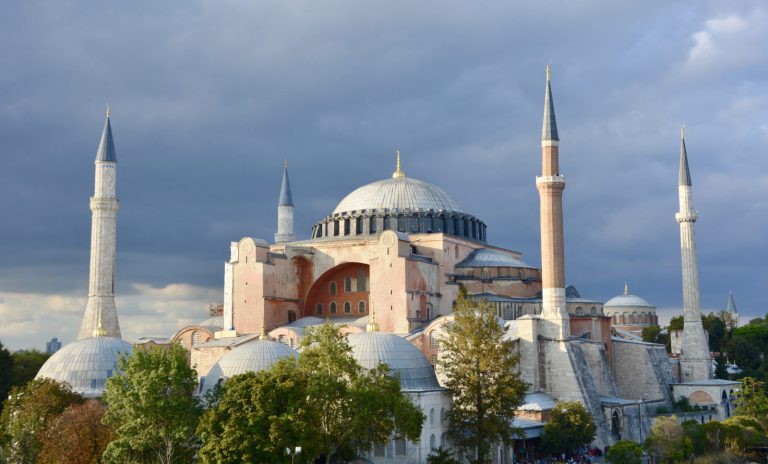
Readers' Reviews (2 replies)